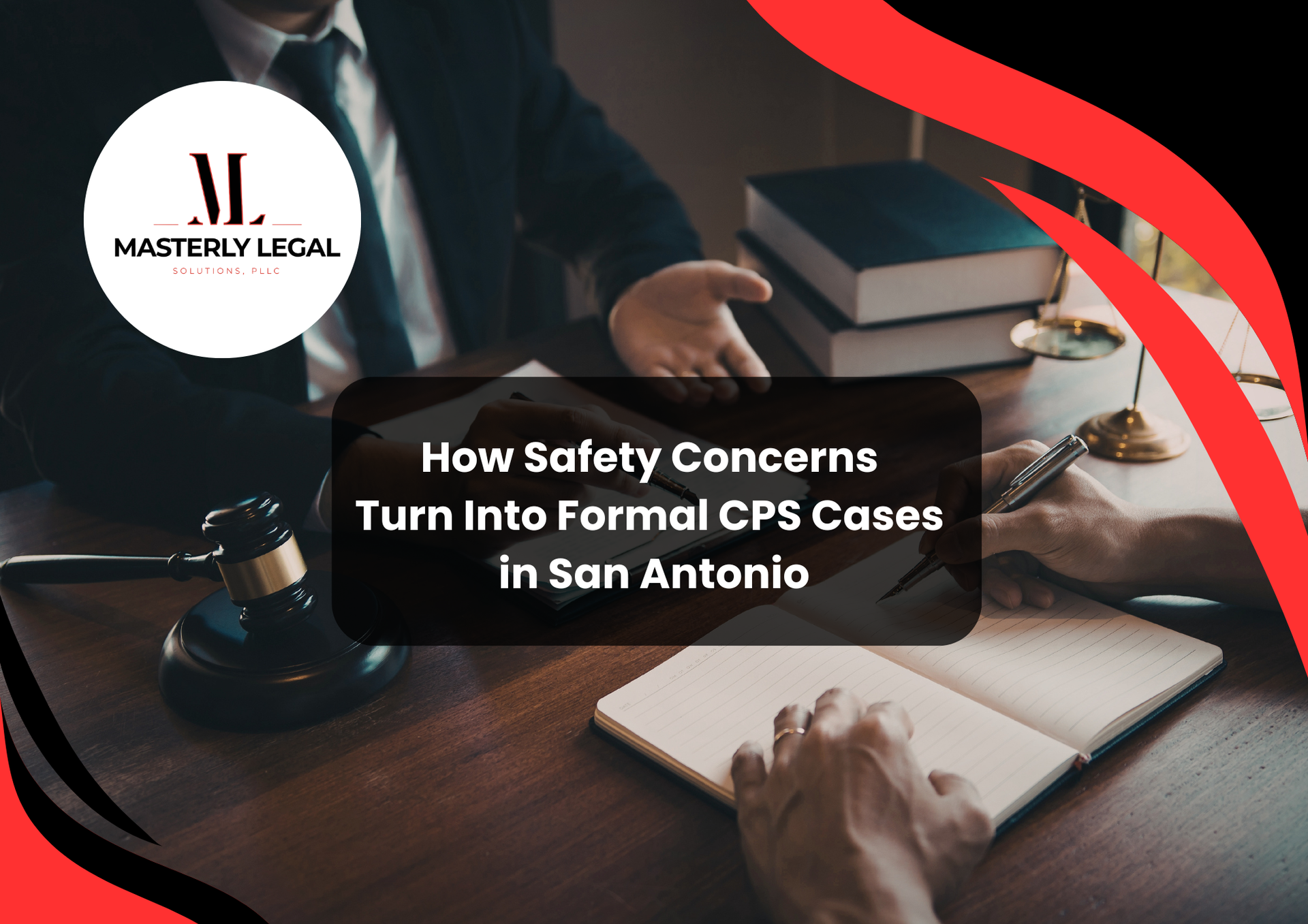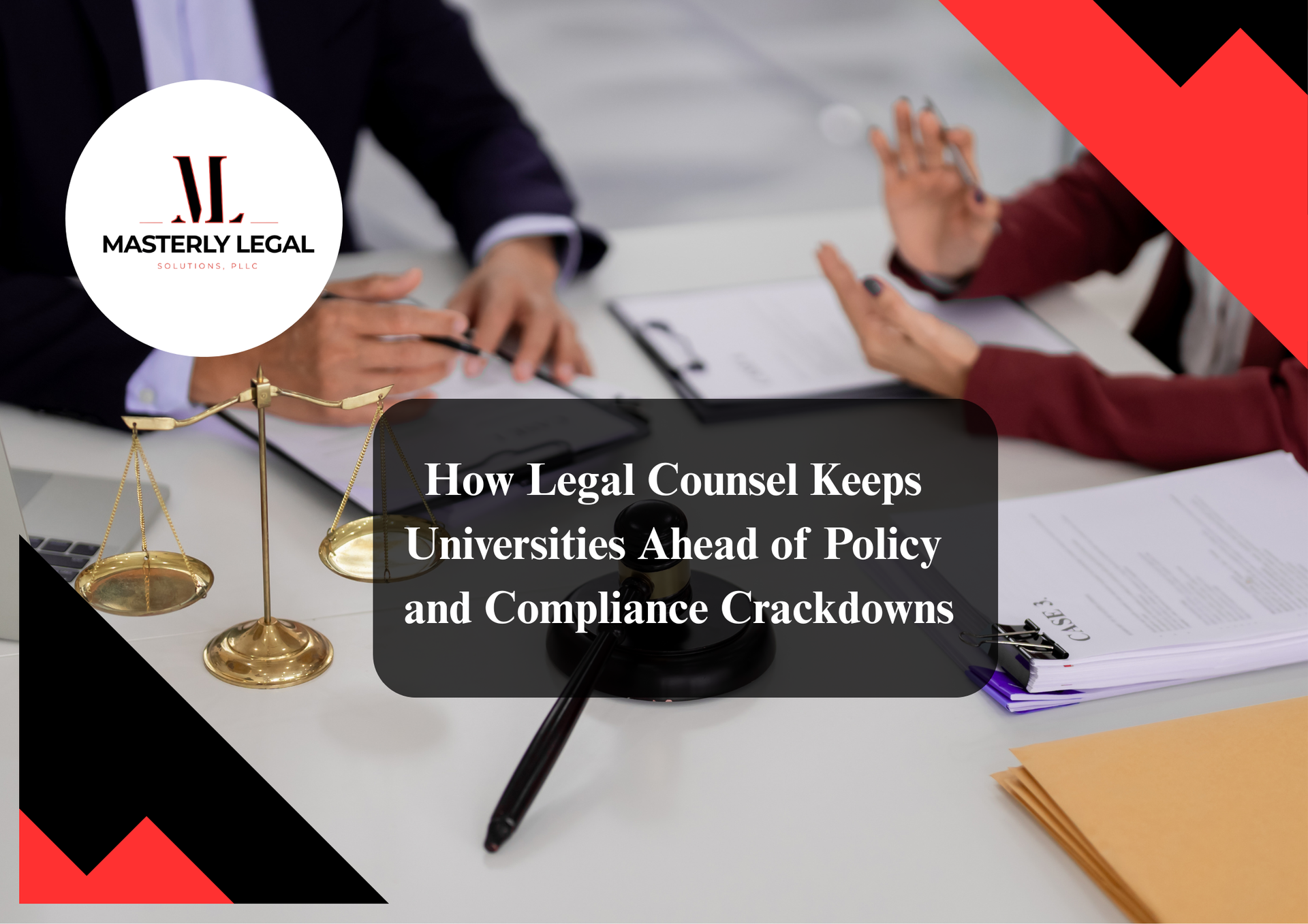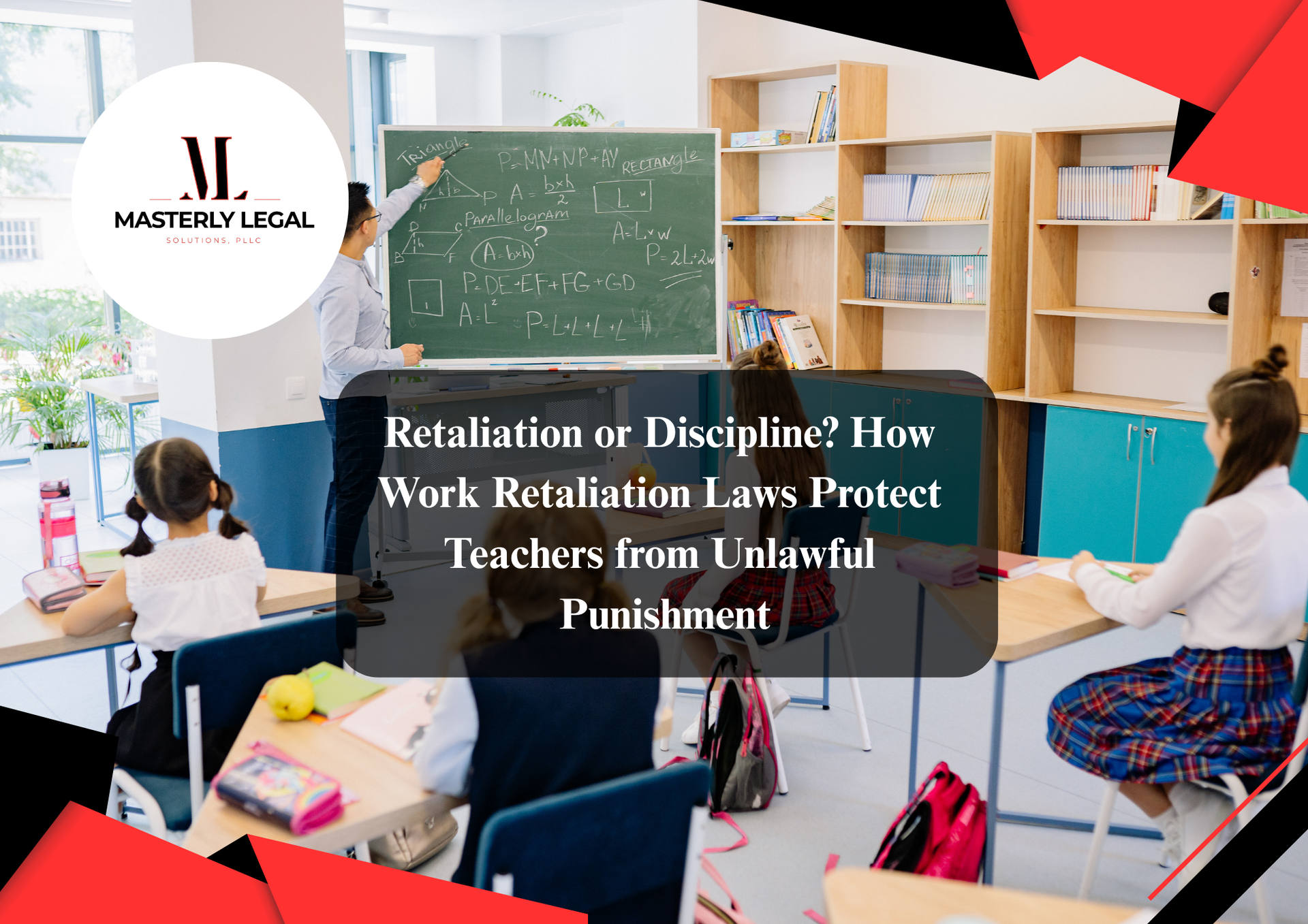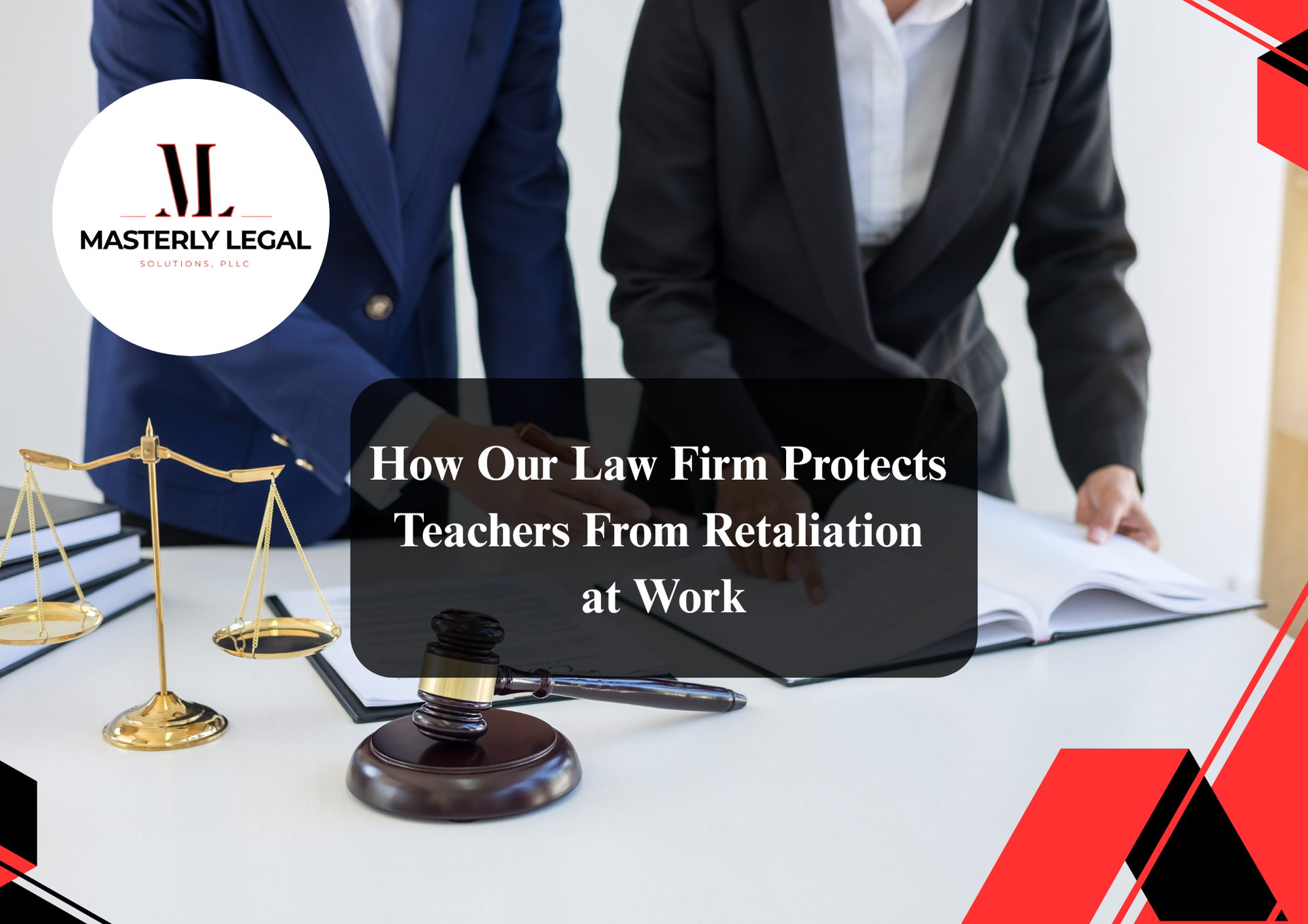How Retaliation Accusations Spiral Into Career-Ending Investigations
Understanding the High Stakes of Retaliation Claims
When an employee raises a complaint of discrimination, harassment, or unsafe working conditions, the law protects them from retaliation. Yet, in many workplaces, retaliation accusations become the focus of lengthy and damaging inquiries. For the employee, the negative impact can include lost opportunities, stress, or being fired. For the employer, such claims can escalate into lawsuits, agency actions, and reputational harm.
Retaliation is one of the most frequently filed claims in workplace law. Once a worker decides to file a complaint, the protections kick in, and the employer must act with precision. Failing to follow strict guidelines may expose the company to a possible violation, even when the underlying complaint lacks merit.
Why Retaliation Claims Matter
Retaliation law applies broadly to workers, former employees, and even job applicants. It covers a wide range of activities, from testifying in court to raising concerns about discrimination based on race, national origin, disability, or genetic information.
The concept of protected activity is key. If an individual participates in any related protected activity or other related protected activity, the law shields them from adverse actions. Examples include being demoted, denied a promotion, excluded from an employee’s work schedule, or harassed.
Because retaliation claims are tied so closely to rights under federal and local governments’ employment statutes, the stakes are extremely high. A single misstep by a supervisor or HR manager may create liability.
How Retaliation Occurs in the Workplace
Retaliation occurs when an employer takes adverse actions against a worker after they file complaints or otherwise engage in a protected activity. These actions may include:
- Reducing hours or cutting pay.
- Blocking advancement opportunities like promotion.
- Creating hostile working conditions.
- Issuing a disciplinary notice without basis.
- Threatening an employee or interfering with their benefits.
The law uses the lens of a reasonable employee—would an average person in that situation feel discouraged from engaging in a protected activity? If yes, then retaliation may be established.
The Chain Reaction of Investigations
Once retaliation is alleged, an agency such as the EEOC, state workforce commission, or local governments begins an investigation. These inquiries are extensive. They review reports, interview workers, analyze employment records, and demand additional information.
For employers, the process is burdensome. Responding to agency requests requires time, other resources, and sometimes outside attorney assistance. For employees, it can mean months of uncertainty, stalled job prospects, and harm to overall employee morale.
Protected Activities That Trigger Coverage
Employees are shielded when they:
- File a complaint of discrimination or harassment.
- Cooperate with an agency investigation.
- Refuse to participate in prohibited conduct.
- Request accommodations for disability or religious beliefs.
- Discuss wages, pay, or benefits with other workers.
These safeguards extend to former employees and even job applicants. An employer that retaliates against someone in these groups may still be in violation of the law.
The Impact on Employee Morale
When retaliation claims arise, the overall employee morale suffers. Colleagues witness coworkers being retaliated against, which chills the workplace. Fear spreads, workers hesitate to file complaints, and productivity plummets.
Example of Declining Morale
For example, if a team member raises a safety concern and is suddenly excluded from projects, others may conclude that voicing concerns is unsafe. This perception undermines trust in leadership and damages the culture.
Employer Responsibilities Under the Law
Employers bear the responsibility of preventing retaliation. Federal law prohibits such acts under statutes like Title VII, ADA, ADEA, GINA, and military protections such as USERRA. Agencies also enforce deadlines, such as an effective date for compliance or policy changes.
Employers must establish clear anti-retaliation policies, train supervisors, and create systems for fair evaluations. These steps help establish a defense if retaliation allegations surface.
Adverse Actions That Raise Red Flags
Retaliation often appears through subtle or overt adverse actions. Common examples include:
- Termination or being fired.
- Reduction in hours or schedule changes.
- Denial of promotion or raises.
- Harsh disciplinary measures unsupported by facts.
- Exclusion from training, meetings, or business opportunities.
Each of these actions, when taken after a protected activity, may be viewed as retaliatory.
The Role of Agencies in Enforcement
Enforcement agencies wield significant power. The EEOC, Department of Labor, and state equivalents investigate complaints and determine if a violation exists. They may demand corrective action, mediation, or initiate a lawsuit.
Agencies can compel employers to provide documents, reports, and witness statements. Noncompliance can bring sanctions, making it crucial for businesses to work with retaliation lawyers who understand the process.
Common Employer Mistakes That Escalate Investigations
Many employers unintentionally worsen their position during retaliation probes. Mistakes include:
- Ignoring the original complaint.
- Issuing blanket notices or warnings.
- Engaging in threatening communications.
- Failing to document objective reasons for discipline.
- Overlooking how actions appear to a reasonable employee.
Such errors make it easier for agencies to find a violation.
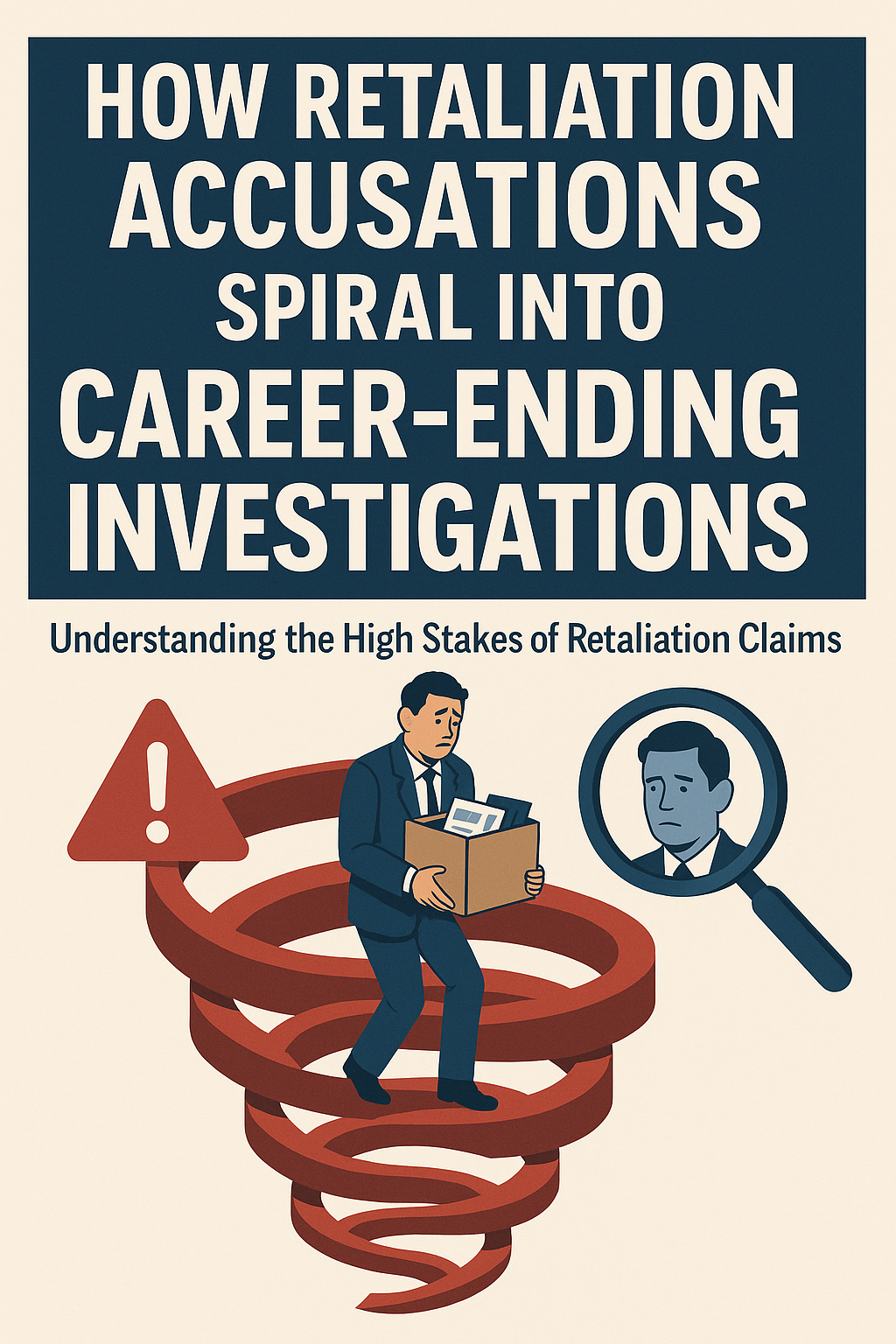
How Employees Experience Retaliation
Employees often describe retaliation as subtle but damaging. For example, a worker may suddenly be assigned inconvenient hours, denied overtime pay, or excluded from team meetings. Another example is being denied access to career development programs that would effectively advance their skills.
For some, retaliation is direct—being fired shortly after raising a concern. These experiences often lead to agency reports and potential lawsuits.
Retaliation Beyond Current Employment
Retaliation protections extend beyond current employees. Former employees can claim retaliation if blacklisted in their industry. Job applicants are also shielded—if a company refuses to hire someone because they once filed a complaint, that is unlawful.
This broad coverage means employers must tread carefully whenever they interact with workers, past or present.
How Retaliation Lawyers Protect Clients
Retaliation lawyers serve both employees and employers. For employees, they provide guidance on how to file a complaint properly, preserve evidence, and pursue claims. For employers, they help build compliance systems, defend against agency inquiries, and reduce exposure.
By involving an attorney early, both sides can avoid missteps that worsen the situation.
When a Complaint Turns Into a Career Crisis
For many employees, a retaliation complaint spirals into a career-ending investigation. They face blacklisting, limited opportunities, and even personal stress. Agencies, employers, and the law intersect in ways that make resolution slow and difficult.
This is why professional guidance is critical. Without it, the consequences are rarely limited to one person—they spread to the overall employee morale and organizational health.
Addressing Retaliation Accusations with a Focus on Protecting Your Best Interests
When retaliation accusations arise, the first step for any organization or employee is to address the issue quickly and carefully. Delays or dismissive actions can create the appearance of a possible violation and increase liability. Employers must investigate fairly, while employees should document every step to protect their rights. At the same time, it is important to recognize that both sides have a strong interest in resolving the matter before it escalates into a career-ending inquiry. By taking prompt, professional action, parties can minimize risk and demonstrate a commitment to lawful and respectful workplace practices.
Why Access to Other Resources and Additional Information Matters After You File a Complaint
When an employee decides to file a complaint about workplace retaliation, they often face a confusing and stressful process. Agencies investigating the claim may request extensive records, witness statements, and policy documents, which can overwhelm both sides. This is why having access to other resources, such as experienced retaliation lawyers, HR guidance, and compliance training, is crucial. Employees and employers alike benefit from additional information that clarifies what retaliation looks like, how the law defines adverse actions, and what steps to take next. Without reliable guidance, investigations can escalate quickly and lead to career-damaging outcomes for those involved.
Take Action Today with Masterly Legal Solutions
If you believe you have been retaliated against or if your organization is facing a retaliation complaint, now is the time to act. At Masterly Legal Solutions, our experienced retaliation lawyers understand how quickly these matters can escalate. Whether you are an employee struggling with lost opportunities or an employer striving to comply with the law, we can guide you.
We invite you to contact us at (972) 236-5051 for a free consultation. Our team will answer your questions, help you understand your options, and provide clarity during what can feel like an overwhelming process. Every case is unique, and the right strategy can make all the difference in protecting your career or your business.
Disclaimer: This article is for informational purposes only and does not constitute legal advice. Reading this article does not create an attorney-client relationship. For advice specific to your situation, consult with a qualified attorney.
Looking for Legal & Business Solutions? Contact Us Now
Fill in the form or call us to set up a meeting




